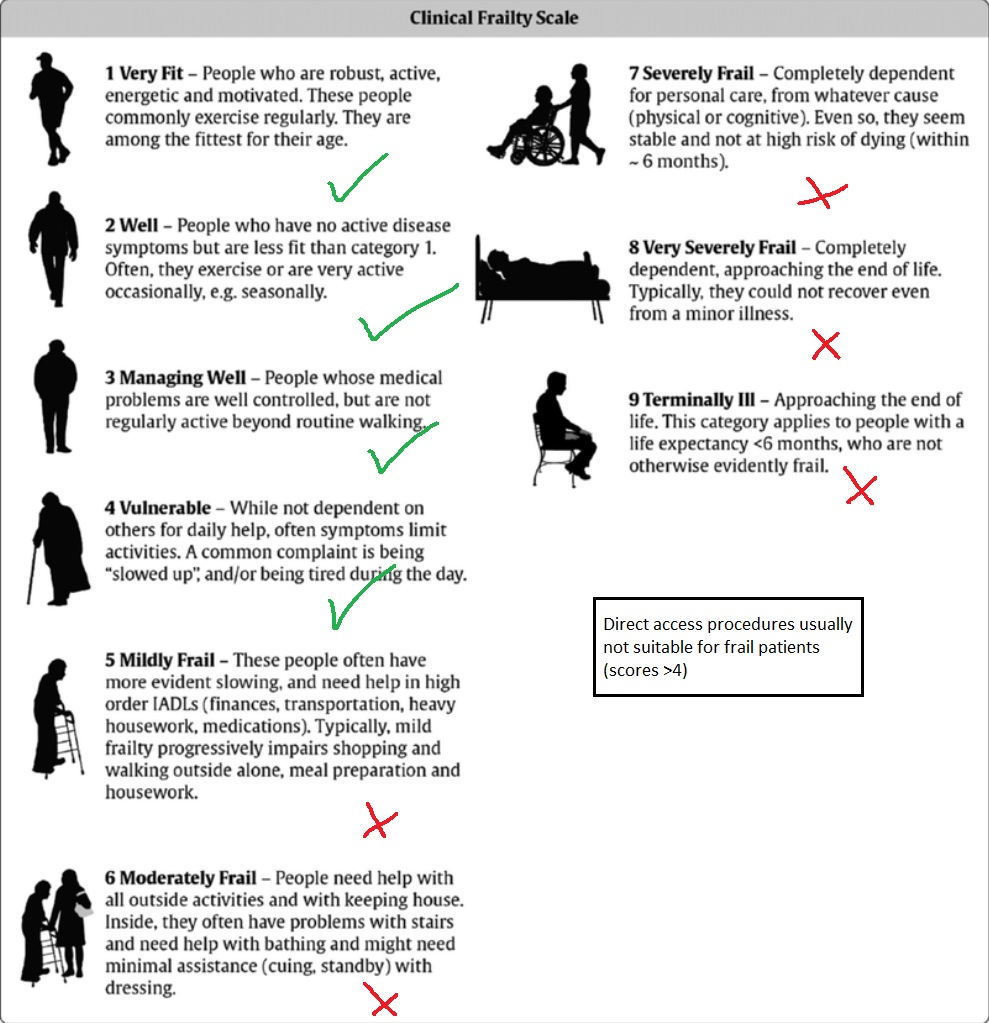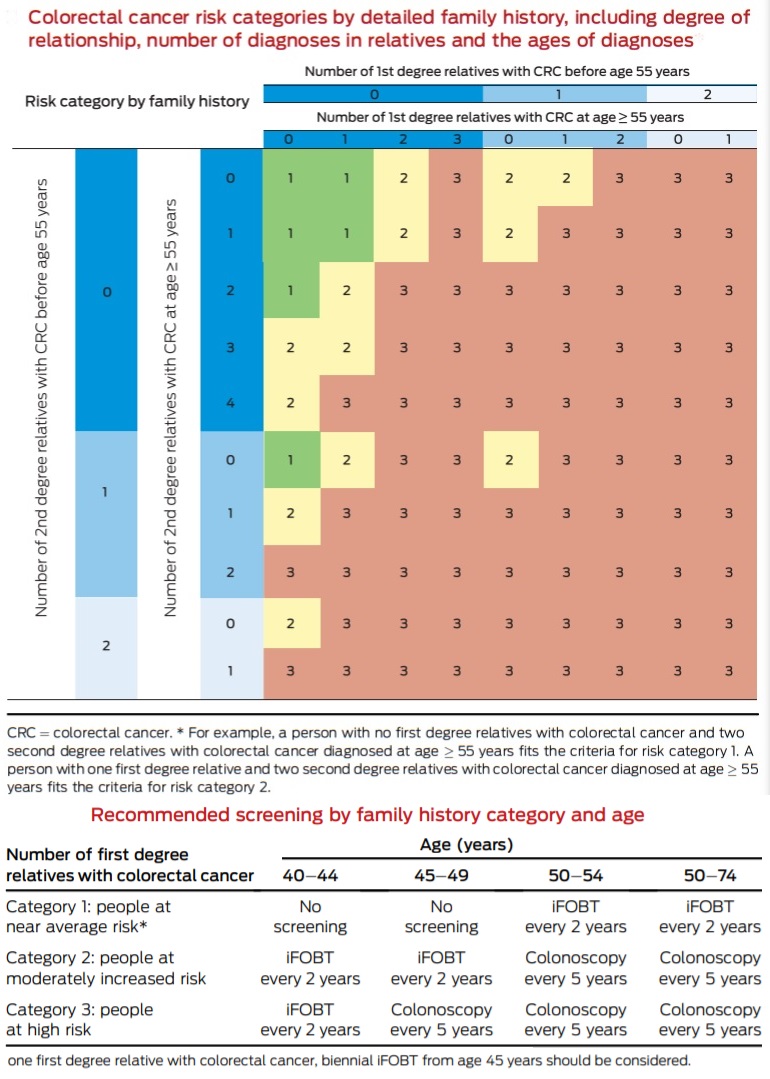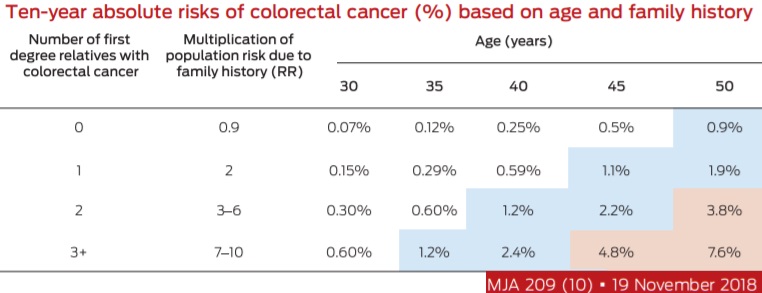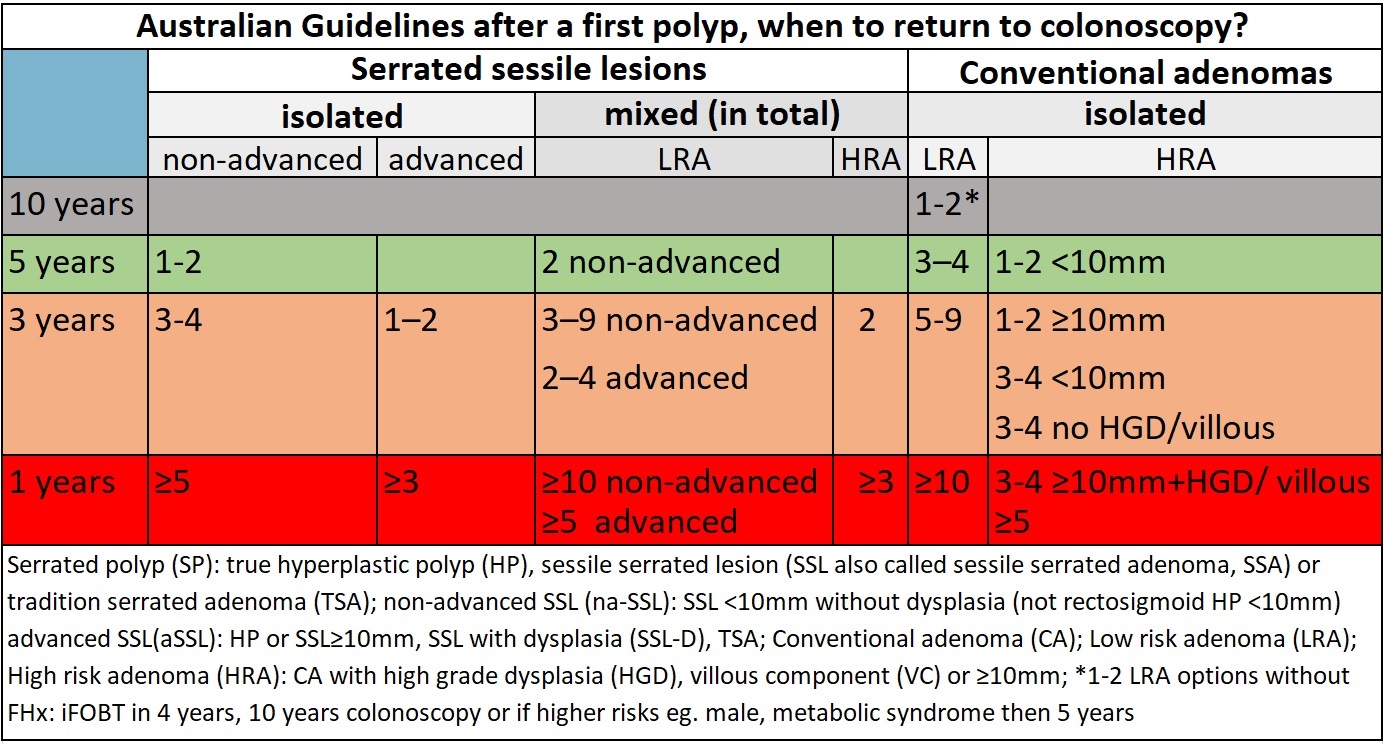Rapid access endoscopy service at NSSDH
The Rapid Access Endoscopy service at North Shore Specialist Day Hospital in Greenwich is an initiative aimed at providing swift and effective diagnostic procedures for gastrointestinal (GI) cancer exclusion. Here's a breakdown of its key features:
- Timely Care: Offering same-day consultation and scheduling procedures within one to two weeks reduces waiting times, ensuring patients promptly receive necessary diagnostic procedures.
- Comprehensive Assessment: The specialist team conducts thorough assessments, addressing patient concerns before procedures to enhance satisfaction and confidence.
- Priority Triage: Swift triage for complex cases ensures those with urgent needs receive prompt attention, minimizing delays in care.
- Patient-Centred Approach: Prioritising patient needs by minimising delays, alleviating stress, and maximising accessibility underscores the commitment to high-quality, compassionate care.
- Experienced Staff: Highly skilled nurses and anaesthetic teams specialised in GI procedures ensure safe and effective care.
- Immediate Reporting: Swift communication of results via secure channels facilitates prompt decision-making and follow-up care with referrers.
- Affordability: Cost-effective terms for uninsured patients ensure access to essential procedures decreasing financial hardship.
- Perioperative Support: Senior nurses provide guidance and assistance throughout the perioperative period, ensuring a comfortable experience for patients.
- Follow-Up Reminders: A recall register system ensures patients receive timely reminders for follow-up appointments, promoting continuity of care.
- Convenient Parking: On-site free parking adds to the accessibility of NSSDH, reducing stress for patients attending appointments.
The NSSDH Rapid Access Endoscopy service exemplifies excellence in providing efficient, patient-centred care for GI cancer detection and exclusion. Its comprehensive approach, experienced staff, transparent billing, and focus on patient well-being make it a valuable resource in the fight against GI cancers.
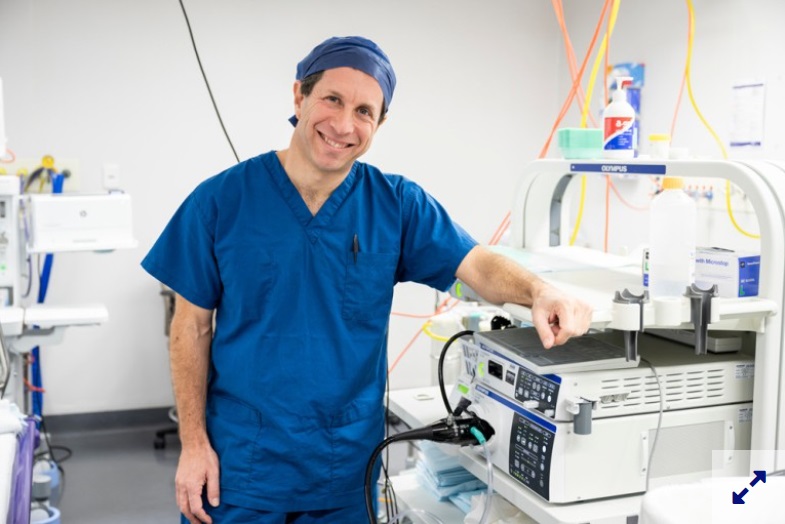
Where possible, please ensure that "Rapid access" is clearly stated on the referral letter to indicate to our administrative team that you consider the patient may be suitable for scheduling for this service. Procedures will only proceed after a consultation and if all parties agree.
The following procedures are available under rapid access:
- Gastroscopy
- Flexible sigmoidoscopy
- Colonoscopy
- Haemorrhoid rubber band ligation (RBL) or infrared coagulation (IRC)
- Oesophageal dilatation
- Double balloon enteroscopy
- Capsule endoscopy
- Rapid iron infusion ("Ferinject"/"Monofer")
Should you have any questions or require further information, please do not hesitate to contact our office. Thank you for entrusting us with the care of your patient.
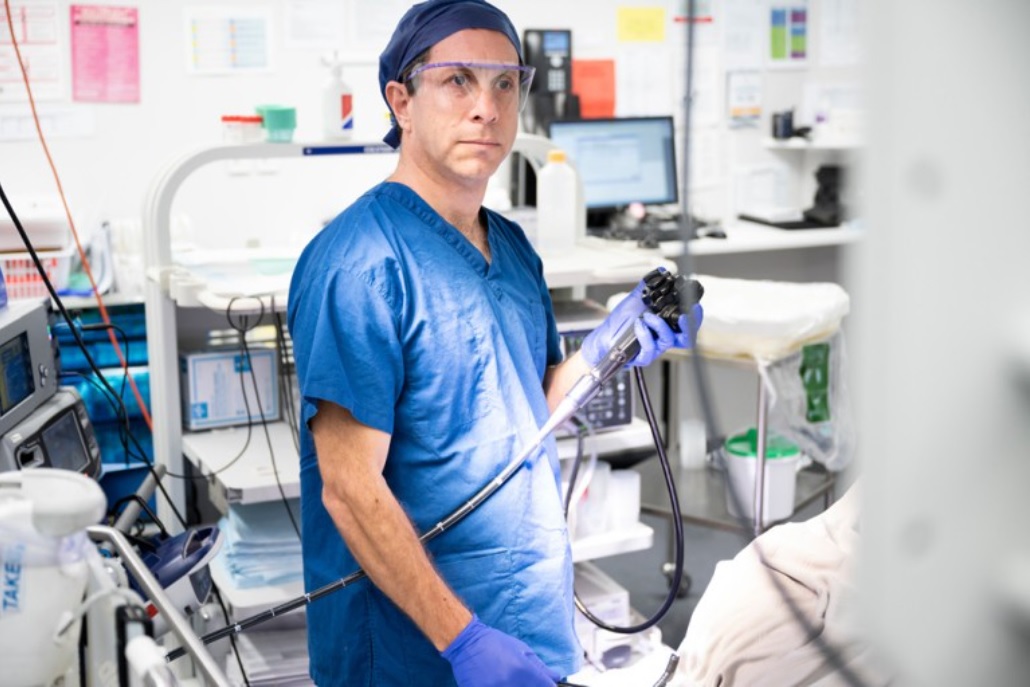
Common Indications*
- Positive FOBT
- Family history CRC or polyps
- Personal history of neoplastic polyps
- Rectal bleeding or bowel habit change > 6/52
- Surveillance and screening CRC
- dyspepsia or GORD > 60 or with alarm symptoms
- Coeliac disease diagnosis and follow up
- Barrett’s oesophagus screening or surveillance
Patient Suitability
- Low anaesthetic risk with no major organ disease
- Low bleeding risk:
- patients can continue aspirin or dipyridamole (unless on them for primary prevention)
- patients with authority to safely substitute aspirin for potent antiplatelets (clopidogrel, prasugrel, abciximab, ticagrelor) for 1 week prior
- Not suitable for:
- frail, elderly patients or
- those with more complex health issues or
- patients on insulin (who would find perioperative insulin management challenging)
- high bleeding/thrombosis risk patients on anticoagulants: where unclear if:
- safe to substitute aspirin for potent antiplatelets
- cardiologist may need consultation to temporarily stop
- bridging anticoagulation might be needed
